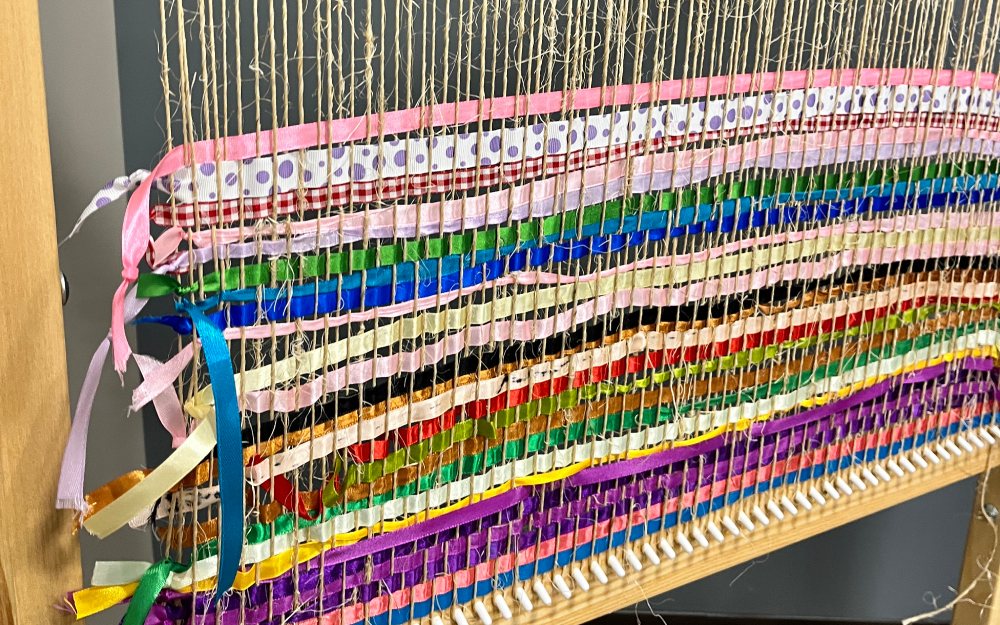
Experiential, group therapy key to patient rising above OCD and anxiety
12/17/19 03:23:pm It’s difficult for children and adolescents to leave behind their home and school life when they enter residential care. This former patient, like others, was apprehensive at first about coming to Rogers, but they soon found comfort from our care team and peers fighting a similar battle.
It’s difficult for children and adolescents to leave behind their home and school life when they enter residential care. This former patient, like others, was apprehensive at first about coming to Rogers, but they soon found comfort from our care team and peers fighting a similar battle.
“Before Rogers, my days were spent blindly performing compulsive rituals. At age 16 I was almost completely dependent on my parents to help me get dressed and out of the house. I was terrified to go to Rogers and cried more than I had in the past few months the day I was admitted. My social anxiety was through the roof meeting other residents. But for the first time I was meeting other teenagers with OCD. And I saw them fighting it. At that point I knew I could too. I threw myself into treatment and did all of my exposures and thought challenges.
“My favorite part of the day was group therapy, where I learned from others fighting OCD, not just another therapist, that I can get better. I loved supporting my new friends too. I love the art and experiential therapy programs Rogers offered. At first, I was hesitant due to contamination OCD to take part in the ropes courses and camping, but I did and made some amazing memories there. Rogers taught me that I can do anything I put my mind and heart into. I’m so thankful for my amazing treatment team and family support throughout the whole process. My almost three months at Rogers jump started my recovery and helped me begin to live my life worth living. Today I’m in college, something I never imagined possible before Rogers. I’m so thankful for Rogers."
In response to the grateful testimonial, Dr. Peter Lake, MD, medical director of OCD and Anxiety Center adolescent residential care, says, “It’s an extreme privilege to be a physician and part of a treatment team and to have a family trust you for their psychiatric care. A privilege that we never take for granted. We have so been fortunate at Rogers to be able work hard together to always ensure that the key fundamentals to excellent child psychiatry are always at our immediate disposal. This allows us to maximize the most helpful psychotherapies and therapeutic interventions at the right time, to ensure progress in the most difficult of cases. This wonderful feedback makes it all worth it and so eloquently speaks to the important teamwork we do every day.”





